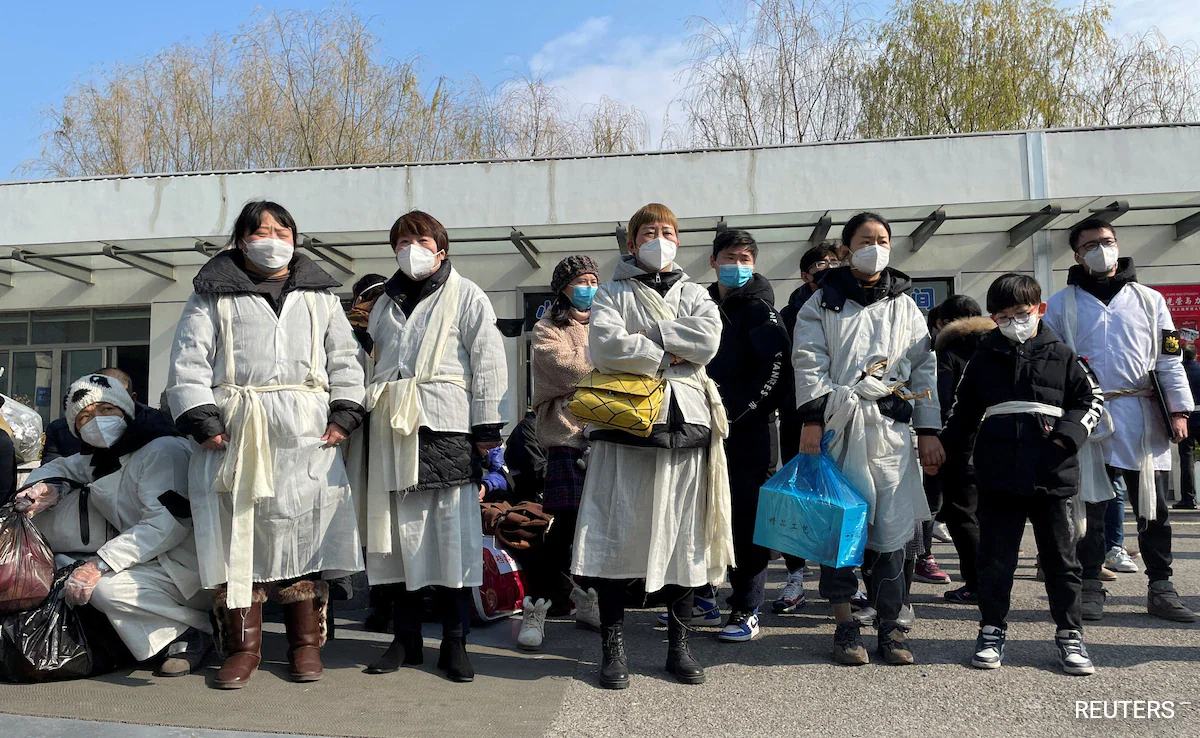New Delhi, 07 May 2025: As the world continues to recover from the immediate effects of the COVID-19 pandemic, a more silent and long-lasting health issue is coming to light — Long COVID. Also known as post-COVID syndrome, this condition refers to a range of symptoms that persist for weeks or even months after the initial infection has cleared. While fatigue and brain fog are the most commonly reported issues, recent research is revealing something more serious: long-term damage to the heart and lungs.
Several global studies have shown that people suffering from Long COVID often have structural and functional changes in their heart and lung tissues. These changes are being detected even in patients who had only mild COVID symptoms and were never hospitalized. Doctors are now concerned that these lingering effects could lead to an increased risk of cardiovascular disease and chronic respiratory conditions over time.
In the case of the heart, Long COVID can result in conditions such as myocarditis (inflammation of the heart muscle), irregular heartbeats or arrhythmias, and even heart failure in severe cases. Some patients experience a racing heart, chest pain, and shortness of breath months after recovering from the acute phase of the virus. Studies using cardiac MRI scans have identified inflammation and tissue scarring in many patients, which may remain hidden without proper screening. The concern is that these hidden symptoms could result in sudden cardiac issues in otherwise healthy individuals.
Equally worrying are the lung-related complications. COVID-19 is a respiratory virus, so the lungs are naturally at risk of long-term damage. Many Long COVID patients experience persistent shortness of breath, dry cough, or difficulty breathing, especially when doing physical activities. Chest CT scans have shown that a significant number of patients develop pulmonary fibrosis — a condition where lung tissue becomes scarred and stiff, reducing the ability to breathe efficiently. In some cases, this damage can be permanent, requiring long-term treatment or oxygen support.
If you’ve had COVID-19 and continue to experience symptoms such as chest tightness, palpitations, dizziness, breathlessness, or severe fatigue, these may be warning signs of cardiac or pulmonary complications. It’s important not to dismiss them as simple post-viral fatigue. Cardiologists and pulmonologists urge patients to seek medical evaluation if symptoms persist beyond a few weeks.
People most at risk include those above the age of 45, individuals with existing conditions like diabetes, hypertension, or obesity, and those who were admitted to intensive care during their initial COVID-19 infection. However, Long COVID can also affect younger adults, including athletes and non-smokers, indicating that no one is entirely immune from these long-term complications.
To prevent serious outcomes, early diagnosis and intervention are crucial. Experts recommend routine follow-up tests such as ECGs, echocardiograms, chest X-rays, or pulmonary function tests for those with ongoing symptoms. Building back strength through breathing exercises, yoga, and gradual physical activity under supervision can also help improve heart and lung performance. A balanced diet, hydration, and adequate rest further support recovery.
The health implications of Long COVID extend far beyond fatigue or brain fog. With emerging evidence linking the condition to permanent organ damage, awareness and timely action are vital. As we move into a post-pandemic era, it’s important to remember that recovering from COVID-19 doesn’t always mean you are in the clear. Listening to your body and staying proactive with your health can make all the difference.






